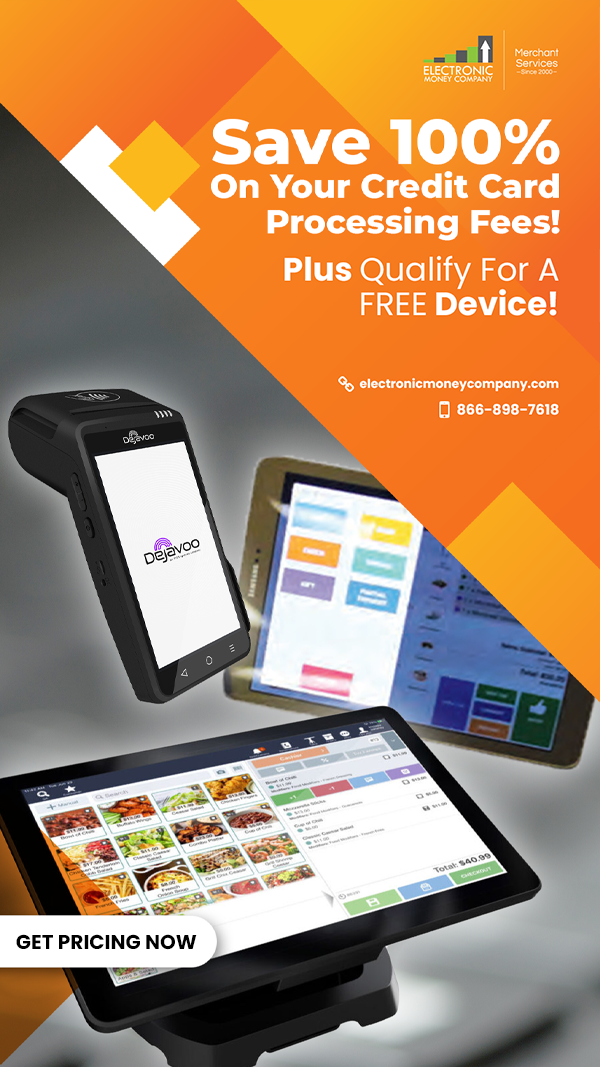About Chargebacks
I know that as a merchant, when the money keeps coming into your bank account from credit card transactions, you think that credit card payments are just like cash payments. If it looks like a duck and quacks like a duck, you think it is a duck. But NO. Credit card payments are not just like cash! Taking credit cards for payment is taking credit. First of all, when you and everyone else out pays for something with a credit card, you have 6 months to charge a transaction back.
It takes a minimum of 60 days to receive your credit card bill, much less make note of any strange amounts that are unrecognizable. The credit card bill is generated 30 days after the close of a 30 day month. The card issuers take care to protect their card holders from fraud so they keep spending money on their cards and carrying balances, thus making the issuers a lot of money. Thus, there is a 4 to 6 month window to charge back a transaction.
People don’t rob banks anymore, but they do buy things and charge them back. These are aggravating situations I hear about from my merchants.
Here is an example one. I have many inflatable party rental merchants. They take deposits online to book a party rental for their kid’s birthday party and pay the balance at delivery, the day of the party. One of the scams they experience is when a spouse, grandparent or aunt or uncle say they are going to pay for the balance at the party. However, the Mom booked the party with her credit card, paid the deposit and signed the agreement. If the husband signs the wife’s credit card for the balance, she can charge it back and win 100% of the time. If the relative signs on their own card, they can claim they never signed an agreement to have the service.
Example two: A college student takes his car in for repair near the university where he is studying. He asks the mechanic to call his parents and take their credit card over the phone, which he does. A few days later the parents charge back the transaction because they say they didn’t authorize the service. In other words, they did not sign the receipt for the credit card payment. Of course, their son or daughter has long driven away in their car. They try to get a free deal at the expense of the car repair shop owner. Of course, since they didn’t sign anything, so they win. The car repair shop owner can fax or email over a receipt for signature to the parents out of state. Getting that signature will allow him to win the chargeback.
Example three: A customer buys something online and has it shipped to their home. They claim they never received the product. They charge it back. The merchant should always get copies of the signed delivery receipt in case they need to fight a chargeback.
How does a merchant fight a chargeback? First of all you have to respond to the chargeback notification very quickly, usually within 7 days. All processors send a letter out for notification, which takes up a good part of the 7 days. Most have other means of communicating with merchants about chargebacks, including emails and notifications within an online portal. If the merchant does not respond in time, the assumption is that the chargeback is legitimate and the merchant loses all rights to fight the chargeback. The product or service and the payment are gone. Lesson one is to read all communications from your processor.
It is of utmost importance that the merchant not only respond quickly, but provide the necessary documentation to fight the chargeback. The processor almost always wants the card holder’s name, address and phone number along with a copy of the invoice in order to verify the transaction. In instances where the product was shipped, a signature on the delivery receipt is requested. Attention must be paid to provide all documents requested or again, the assumption is that the chargeback is legitimate and the merchant loses. Lesson two is to collect and save all documentation regarding credit card transactions and be able to readily put your fingers on it.
Always the card issuer is protecting the card holder. And if you are the card holder with a legitimate claim of fraud against your credit card, you are going to want your card issuer to protect you as well. It is not your processor’s job to protect the credit you are offering. It is the merchant’s responsibility to do his due diligence like asking to see a driver’s license when taking a signature for a card transaction payment and taking precautions when selling online or taking a card for payment over the phone.
If you have any questions about a particular chargeback situation you have experienced with any processor, please call at 505-296-2847.


